Welcome, Fall 2024 New Faculty!
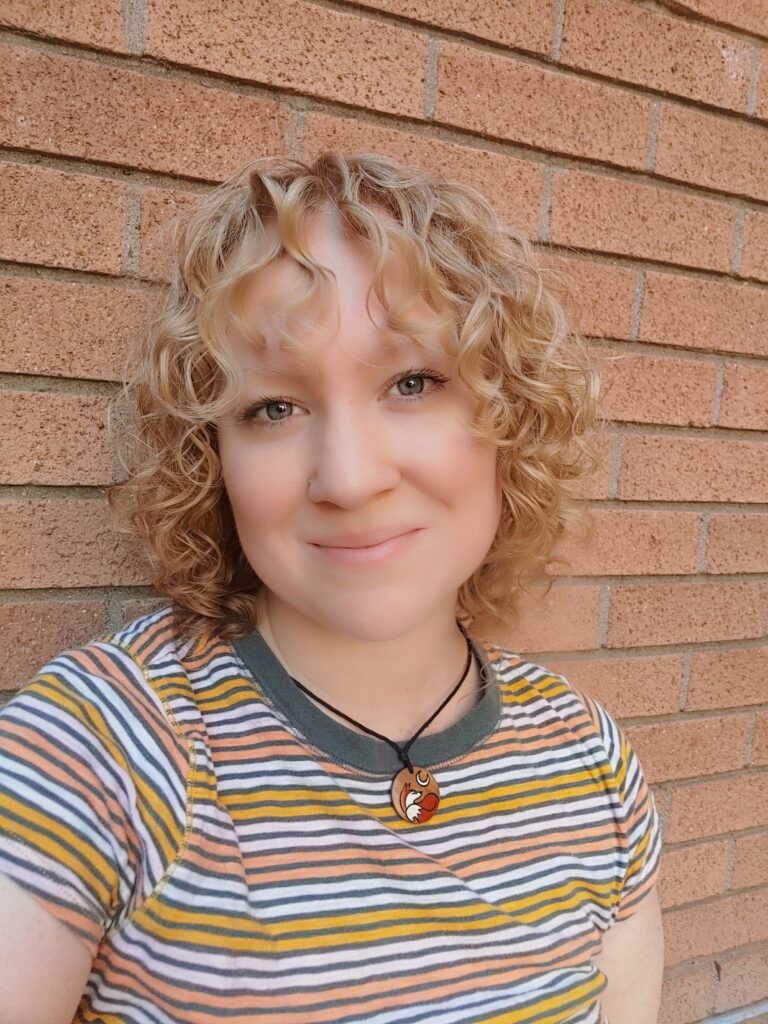
Jennifer Conlon, Visiting Assistant Professor, Writing
Jennifer Conlon teaches first-year writing and poetry, and joined the Wake Forest Writing Program in 2024. They are the author of Taking to Water, chosen by Carl Phillips for the 2022 Autumn House Poetry Prize. Jennifer is from North Carolina and earned their MFA in poetry from Arizona State University. They were awarded the 2015 Aleida Rodriguez Memorial Award in Creative Writing and the 2017 Katharine C. Turner Prize from the Academy of American Poets. More recently, Jennifer won the 2021 Boulevard Poetry Contest for Emerging Poets, and was shortlisted for the 2024 Lambda Literary Prize in Transgender Poetry. Their poems have been published by Bayou Magazine, Juked, Bennington Review, DIALOGIST, Threadcount, and elsewhere.
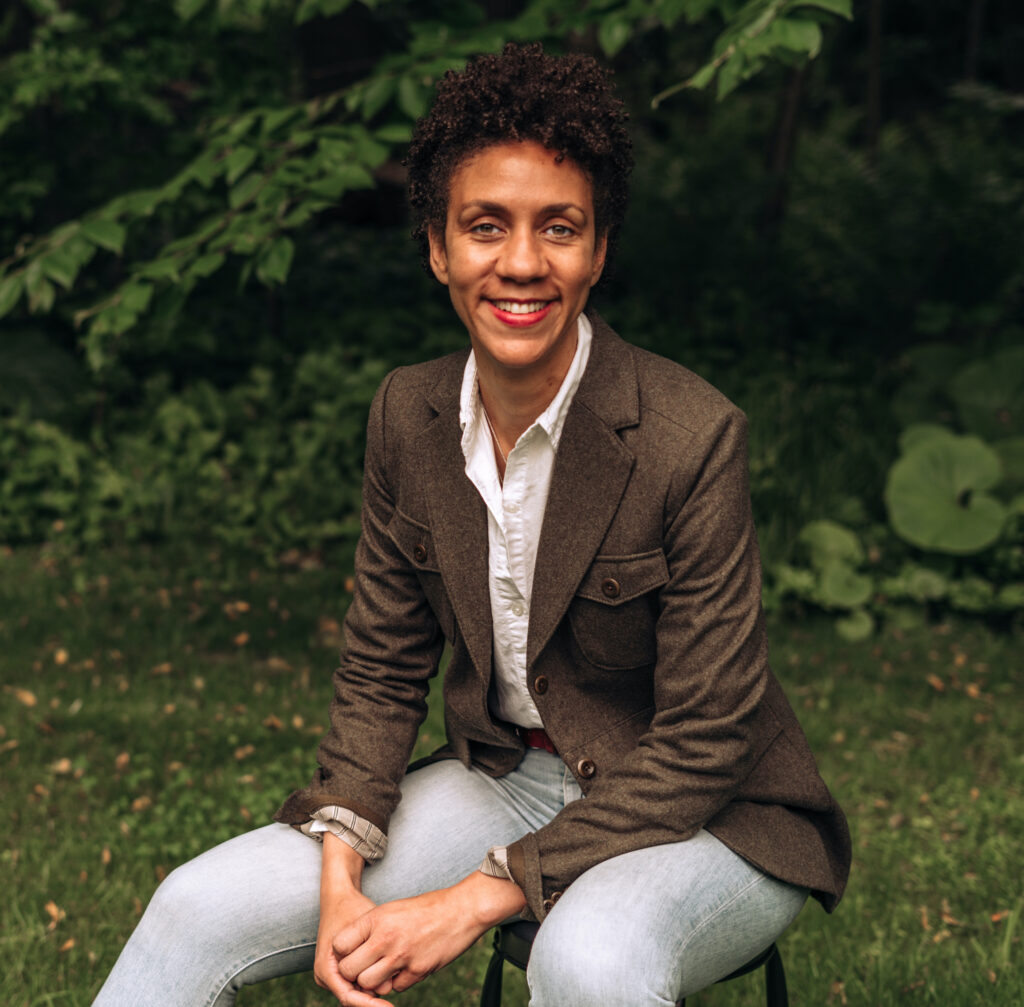
Ebony Flowers, Assistant Professor, Creative Writing
Ebony is a cartoonist and educator. She holds a BA in Biological Anthropology from the University of Maryland College Park and a PhD in Curriculum and Instruction from the University of Wisconsin-Madison. Her fiction and creative non-fiction have appeared in the New Yorker, the New York Times, and the Paris Review. Ebony is a 2017 Rona Jaffe Award recipient, a 2020 Ignatz Award recipient for Outstanding Graphic Novel, a 2020 Believer Award recipient for Fiction, and a 2020 Eisner Award recipient for Best Short Story. She was also nominated for a 2020 NAACP Image Award for Literacy (Young Adult Fiction). Ebony was a Mary I. Bunting Fellow at the Radcliffe Institute for Advanced Study at Harvard University for the 2022-23 academic year.
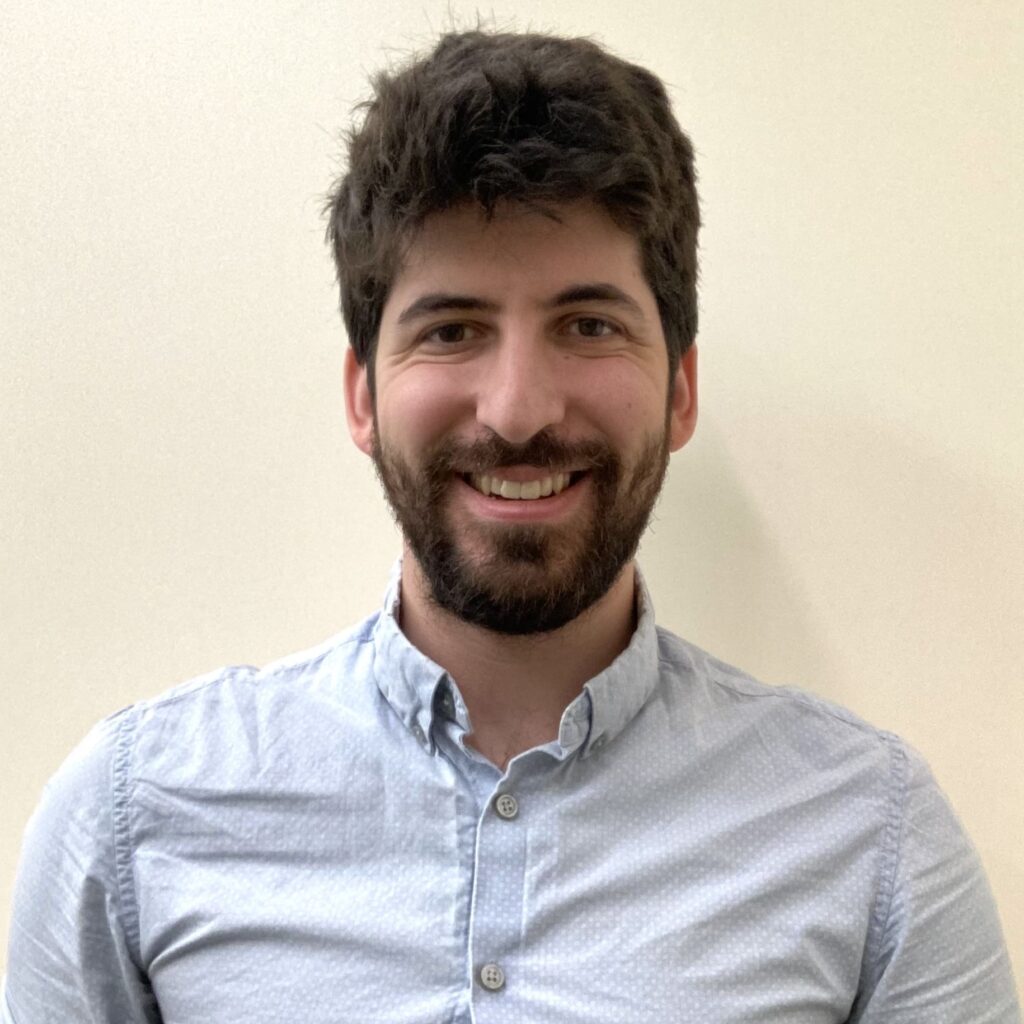
Jeremy Levine, Assistant Teaching Professor, Writing
Jeremy has his BA from Clark University and his MA and PhD from the University of Massachusetts, Amherst.
“I believe that writing can be a way to grow, learn, and reflect on how we connect to other people in a shared society. Through brainstorming, revising, and sharing our work with others, we can learn so much about ourselves and the world around us. But often, the stress of school, and its deadlines, grades, and rules, makes it hard to think of writing in this way. My teaching and research…is all about how school shapes our understanding of what writing can do. I am also interested in questions of equity in writing, especially in terms of the challenges of assessing writing equity. In my teaching, I strive to help students become reflective of the way that structures of assessment shape their concept of what counts as good writing.”

Elena Makarion, Assistant Professor, Writing
Elena holds an MFA in Creative Writing from the University of North Carolina at Greensboro, an MA in Literature and Creative Writing from Harvard University, and a PhD in Rhetoric and Composition and Post-Baccalaureate Certificate in Women’s, Gender, and Sexuality Studies from the University of North Carolina at Greensboro. Her areas of interest include Writing Studies, Medical and Health Rhetoric, Disability Studies, Fiction writing, 19th and 20th Century Transatlantic Literature, Agency and Authorship, Women’s and Gender Studies, and Gothic Literature.

Kaitlin Moore, Assistant Professor, Literature
Kaitlin holds their BA from the University of Pennsylvania and their MA and PhD from the University of Wisconsin – Madison. Their most recent publication, “Radioactive spacetimes and the quantum cosmologies of Kathy Jetn̄il-Kijiner,” was published in Australian Feminist Studies. They are originally from New Zealand and will be teaching with their specialization in Indigenous Studies.
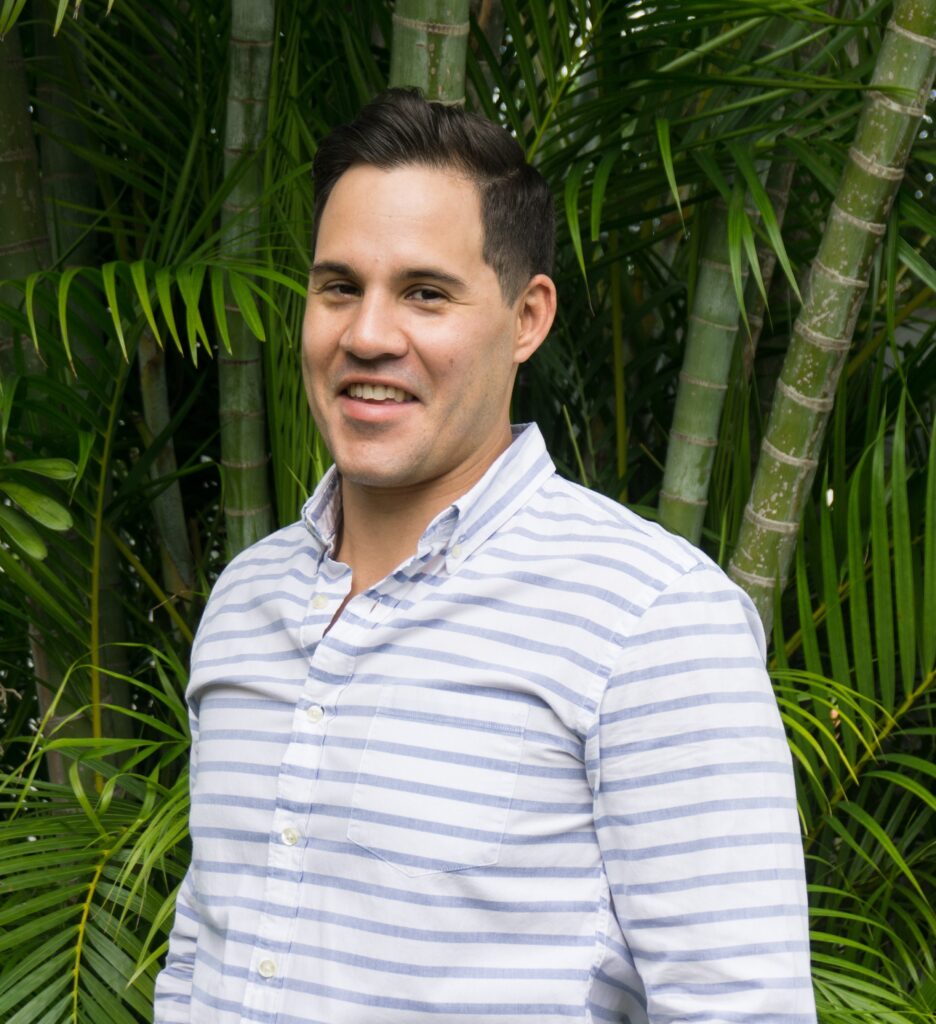
Sebastián Terneus, Assistant Teaching Professor, Writing
Sebastian has his BA from Nova Southeastern University, his MA from Florida Atlantic University, and his PhD from Arizona State University.
“I believe education is a transformative process that can broaden our perspectives and inspire us to improve the world. My goal is to instill this belief in my students and empower them to use their writing to address social and environmental issues. To achieve this, I take my classes on service-learning field trips to address problems such as climate change, pollution, and food injustice. These immersive activities provide students with experiences that help them imagine strategies to alleviate contemporary issues.”
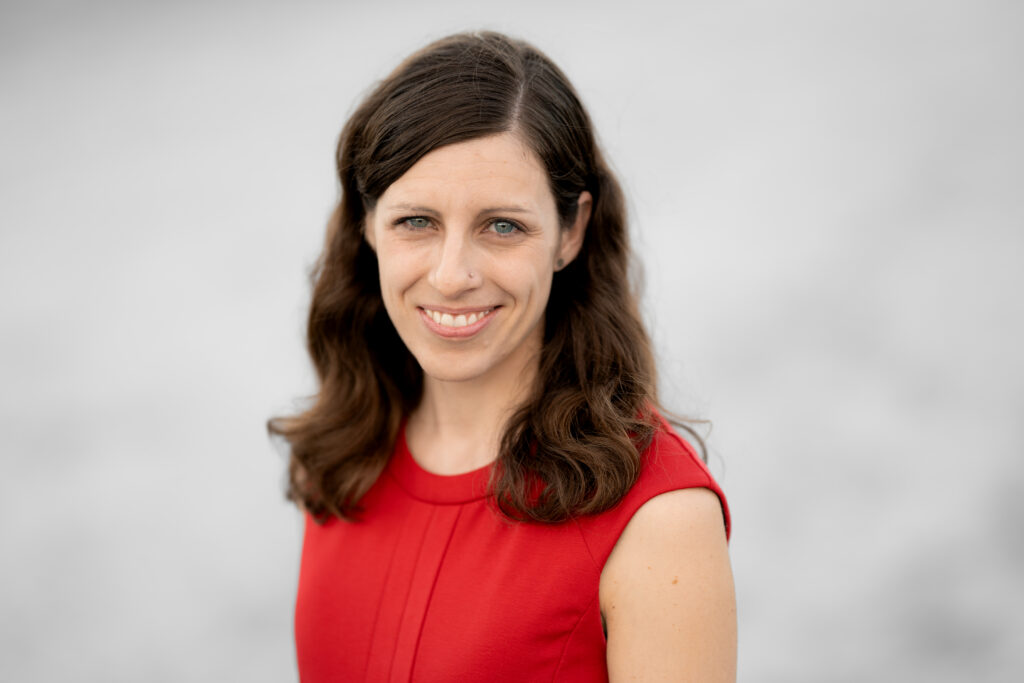
Franziska Tsufim, Assistant Teaching Professor, Writing
Franziska has her BA and MA from the University of Haifa and her PhD from UC Irvine.
“In my teaching, I like to promote students’ independent “sense making,” as I seek to define concepts collaboratively with, rather than at them. This approach is also manifest in my research agenda that revolves around first-year-writing and teaching as research. My newest project examines generative AI use policies in college writing in the context of histories of student-developed and -enforced academic honor codes. My work on similar topics has appeared with Utah State University, The Journal for Research and Practice in College Teaching and The Journal of Multimodal Rhetorics.”
Categories: Uncategorized
